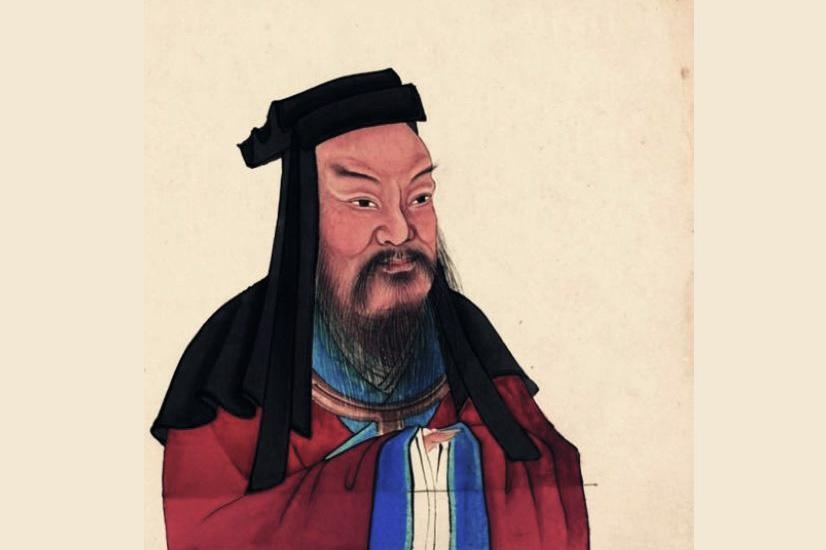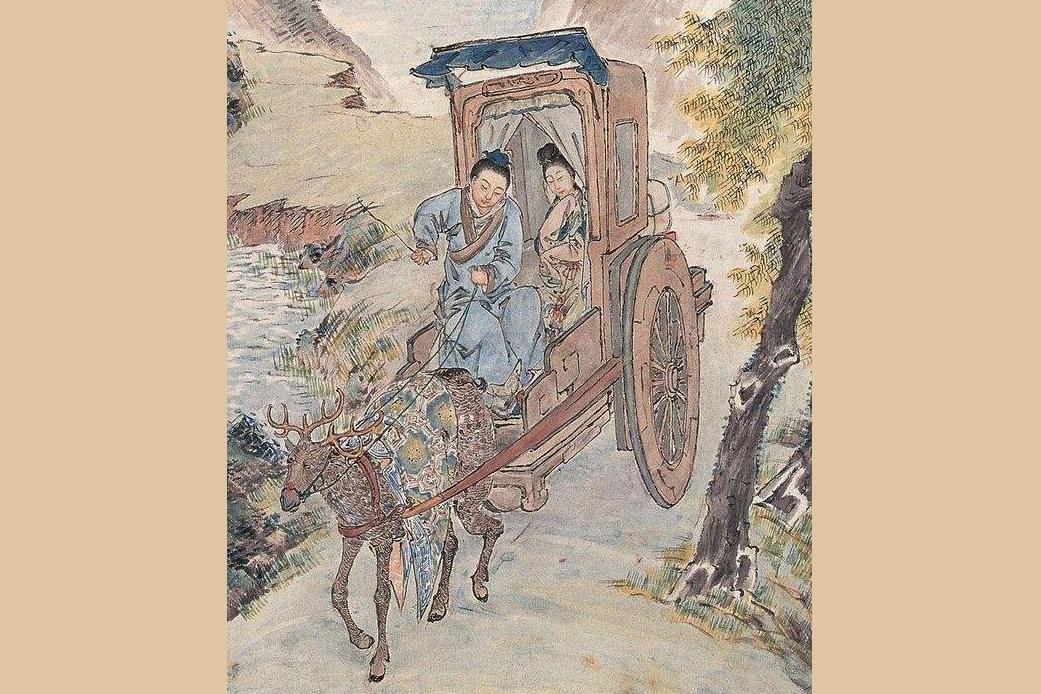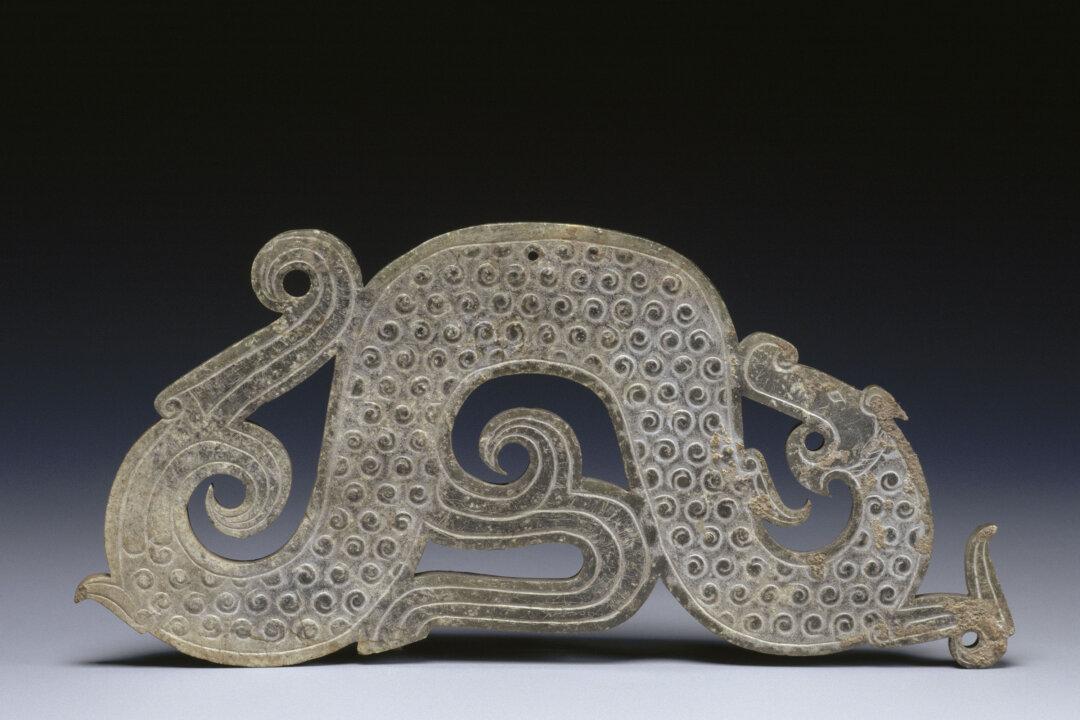The Three Kingdoms period (A.D. 220-280) was a turbulent era in China’s history, with colourful historical figures who jointly personified the notions of fidelity and righteousness in Chinese culture.
Among the most prominent characters were Liu Bei, Zhuge Liang, and Guan Yu from the state of Shu; Zhou Yu from the state of Wu; and Cao Cao from the state of Wei. Cao Cao has been portrayed with a tinge of negativity as a ruthless figure, a fearsome warrior, and a shrewd strategist.
However, in diverse archives, Cao Cao was actually recorded as a great politician with vision and good administrative skills, besides his multiple talents in literature and military strategy. He was mainly epitomized as a man with great tolerance and acceptance, a man with a great heart.
In A.D. 198, when Cao Cao’s subordinate Bi’s mother and other family members were kidnapped by a rebel officer who fled to the other camp, Cao Cao told Bi that he could leave to join his mother.
Bi vowed that he would not leave, and Cao Cao was moved to tears. Yet Bi later left secretly.
When the rebel was overcome and Bi was captured, people worried for his life. However, not only did Cao Cao not kill Bi, he nominated Bi as a minister. He said, “How could a filial son not be loyal to his ruler?”
Cao Cao never regarded Liu Bei, ruler from the state of Shu, as an enemy. Instead, he treasured his opponent as a hero. His advisors urged him several times to kill Liu, but Cao replied: “Now it is time to respect heroes. I cannot kill one to lose the hearts of all people.”
In the year 200, in a battle with Liu, Cao Cao won and Liu’s famous general Guan Yu surrendered. Cao Cao treated him very well and endowed him with a good rank.
However, when Guan learned the whereabouts of Liu, he left Cao Cao to re-join Liu, leaving behind a letter of resignation.
Cao Cao’s advisors urged him to chase and re-capture Guan. Cao Cao said: “Let each follow his master. Let him go!”
Later, when Guan was beheaded by another opponent, Guan’s head was presented to Cao Cao as a trophy gift. Cao Cao ordered a life-size mannequin for Guan so that he could make a proper burial for him in one piece, a last gesture of respect for the hero.
It is because of such a generous capacity that Cao Cao allowed Liu, Guan, and others to play a great part in that renowned period of history in China, and that through the interactions of these outstanding people, the virtues of fidelity and righteousness were displayed to their fullest.
Edited by Sally Appert




